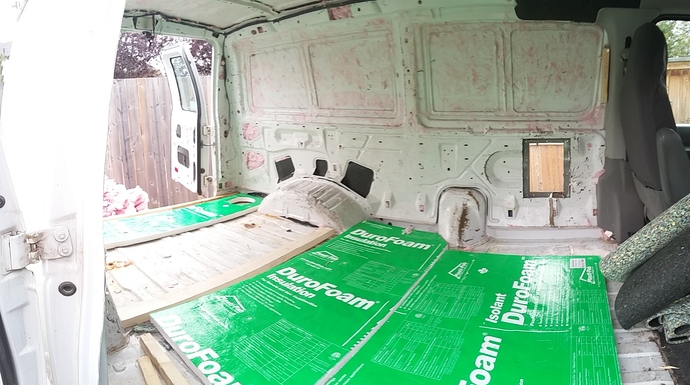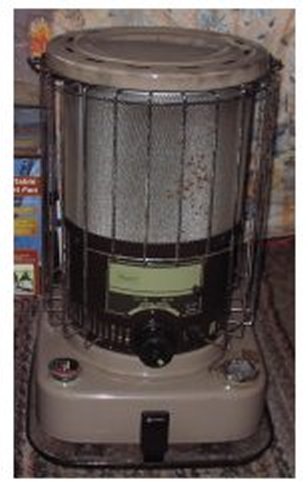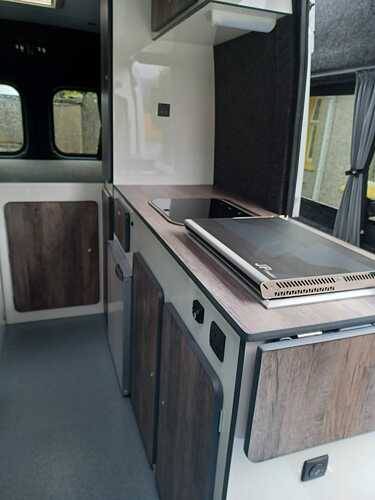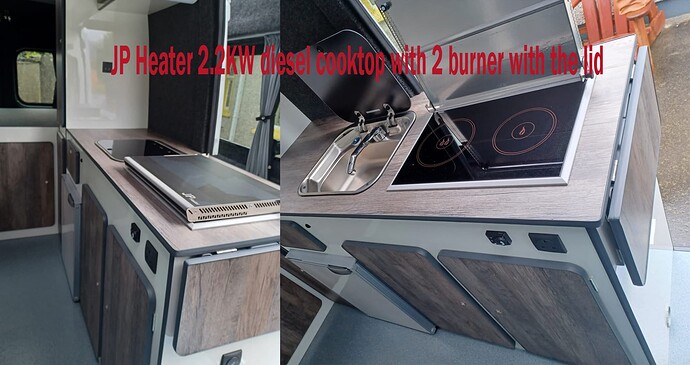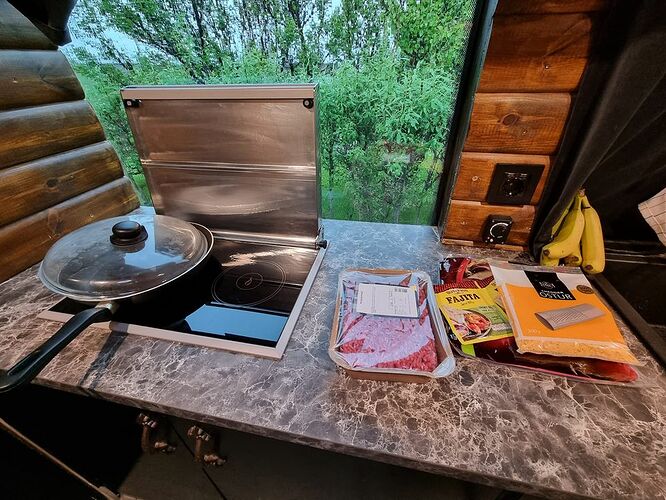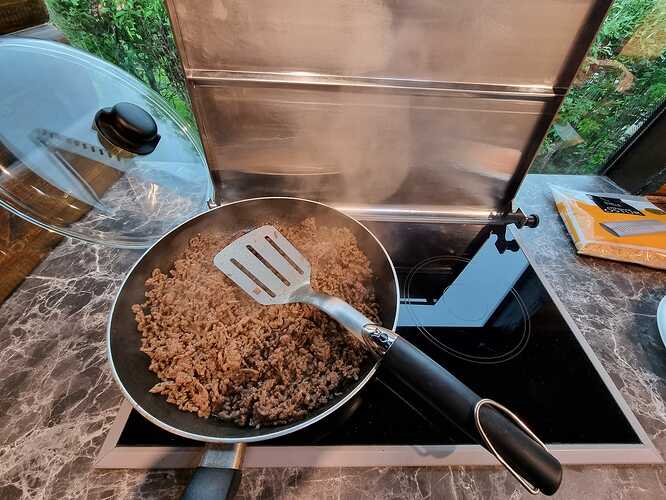Greetings!
@OllieJK
I’m currently using the Sports Heater’s above for cooking. They’re great and very adjustable. Since the fuel isn’t pressurized, there are no dangers if the flame goes out. More like if you blow out a candle.
For my sinks, I use trigger spray bottles for water delivery, and a weed sprayer for my shower. I sit them in a window in the sun for solar heated hot water. If I need hot water at other times, I just heat it on the stove, or if I need a lot of hot water, I use a fire coil to heat as much as I want. The fire coil will work on both my stove & heater, so it does heat both air & water.
One of pet peeves in the RV’s I’ve owned was the amount of propane they used to keep water hot when it wasn’t even needed. Those water heaters used more propane than everything else combined. I turned mine off and just heated water the old fashioned way.
I’ve heard of the units you’ve described, but have never seen one in use.
@TyTy
Re: Kerosene use in extremely cold weather.
There are many factors at play here. Since I have a window van, sunny days can provide quite a bit of free heat. Maintaining the temperature can use very little fuel, while raising the temperature can use considerably more. The winter before last, I was turning off my heat when I was out of my van, and at most I was using 2 gallons per week. Last winter I just left my heat on constantly, and averaged 1 gallon per week. Outside temperatures, wind, snow, etc. of course are all unpredictable variables. To be safe & prepared, as soon as one jug was empty, I’d refill it, so I always a full jug to use while waiting to refill the empty one.
Re: Transporting kerosene etc.
Unlike gasoline or propane, kerosene isn’t explosive. A lit match tossed into kerosene or diesel will put out the match, so it’s pretty safe. They have different jugs available for gas, diesel, & kerosene, so my jugs are specifically made for kerosene.
I’m in the USA, so I’m not familiar with Canadian laws/regulations etc.
Cheers!
"Always avoid expensive solutions to cheap problems." ~ OffGrid
